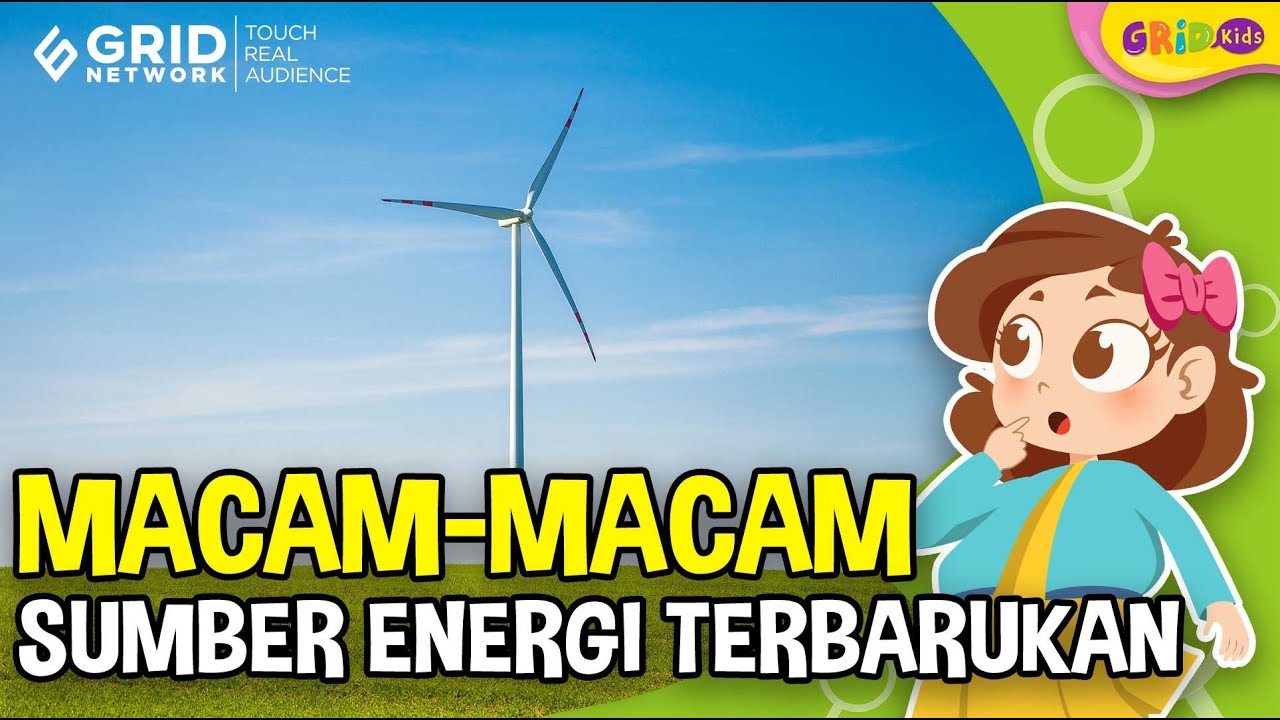Power Generation
Summary
TLDRThis informative video explores the various methods of electricity generation, focusing on the roles of fossil fuels, nuclear power, and renewable energy sources like hydropower, wind, and solar. It explains how generators convert mechanical energy into electrical power through electromagnetic induction, detailing the components and functions of both AC and DC generators. The video highlights the growing importance of renewable energy in the global power landscape and Eaton's contributions to the industry, including equipment and microgrid solutions that enhance the efficiency and reliability of power generation systems.
Takeaways
- 😀 The majority of global electricity is generated from fossil fuels, primarily coal and natural gas.
- 💡 LED light bulbs are significantly more efficient compared to traditional incandescent bulbs, using much less power for the same output.
- 🔌 Generators convert mechanical energy into electrical energy through electromagnetic induction, involving key components like the rotor and stator.
- ⚡ AC generators (alternators) allow for long-distance electricity transmission by adjusting voltage levels with transformers.
- 🌱 Renewable energy sources, including wind, solar, and hydropower, are increasingly contributing to global electricity generation.
- 💧 Hydropower is the largest form of renewable energy, producing about 24% of the world's electricity through the use of water flow to spin turbines.
- 🌬️ Wind power currently accounts for about 6% of the United States' total electricity generation and is projected to grow significantly.
- ☀️ Solar power generation relies on photovoltaic panels that convert sunlight into electricity, contributing a growing share of the energy mix.
- 🔧 Eaton plays a critical role in providing equipment and services for both traditional and renewable power generation stations.
- ⚙️ Microgrid solutions are being developed to optimize energy generation and distribution, enhancing resiliency and cost-effectiveness in power systems.
Q & A
What is the primary purpose of the demonstration with the LED light bulb?
-The demonstration compares the ease of generating power with a three-watt LED bulb to the difficulty of powering a 25-watt traditional light bulb, illustrating the efficiency of LED technology.
What are the main forms of electricity generation mentioned in the script?
-The main forms of electricity generation discussed include fossil fuels (coal and natural gas), nuclear power, and renewable sources (hydropower, wind, and solar).
How does a generator convert mechanical energy into electrical power?
-A generator converts mechanical energy into electrical power through electromagnetic induction, which involves varying a magnetic field within a coil of wire.
What are the key components of a generator and their functions?
-The two main components of a generator are the rotor, which rotates to create a magnetic field, and the stator, which is stationary and contains the armature windings that produce electrical power.
What is the difference between AC and DC generators?
-AC generators produce alternating current, allowing for long-distance power transmission due to voltage transformation, while DC generators produce direct current but are limited in distance due to the proximity of the generation source to the load.
What advancements in generator technology are mentioned?
-The transition from DC generators to AC generators marked a significant advancement, allowing for more efficient power distribution over long distances.
How do renewable energy sources contribute to global electricity generation?
-Renewable energy sources account for about a third of global electricity generation, with hydropower being the largest contributor, followed by wind and solar power.
What role does Eaton play in the power generation sector?
-Eaton provides equipment and services such as circuit breakers, transformers, and switchgear for power generation stations, along with support for system upgrades and microgrid solutions.
How does Eaton contribute to the integration of renewable energy?
-Eaton is involved in the installation and operation of renewable resources, including hydropower and solar installations, and offers microgrid solutions to optimize energy use and resilience.
What are synchronous condensers and their purpose in power generation?
-Synchronous condensers are DC-excited synchronous motors that help provide or absorb reactive power to support voltage stability in the power grid, enhancing overall grid performance.
Outlines

This section is available to paid users only. Please upgrade to access this part.
Upgrade NowMindmap

This section is available to paid users only. Please upgrade to access this part.
Upgrade NowKeywords

This section is available to paid users only. Please upgrade to access this part.
Upgrade NowHighlights

This section is available to paid users only. Please upgrade to access this part.
Upgrade NowTranscripts

This section is available to paid users only. Please upgrade to access this part.
Upgrade NowBrowse More Related Video
5.0 / 5 (0 votes)





